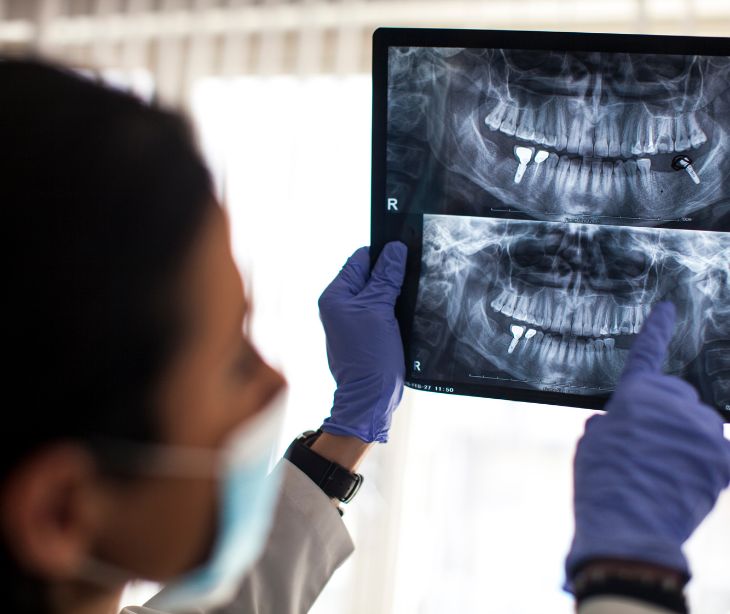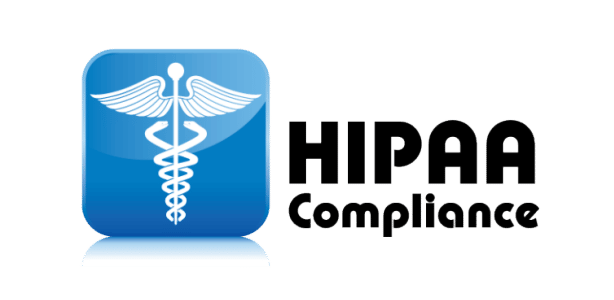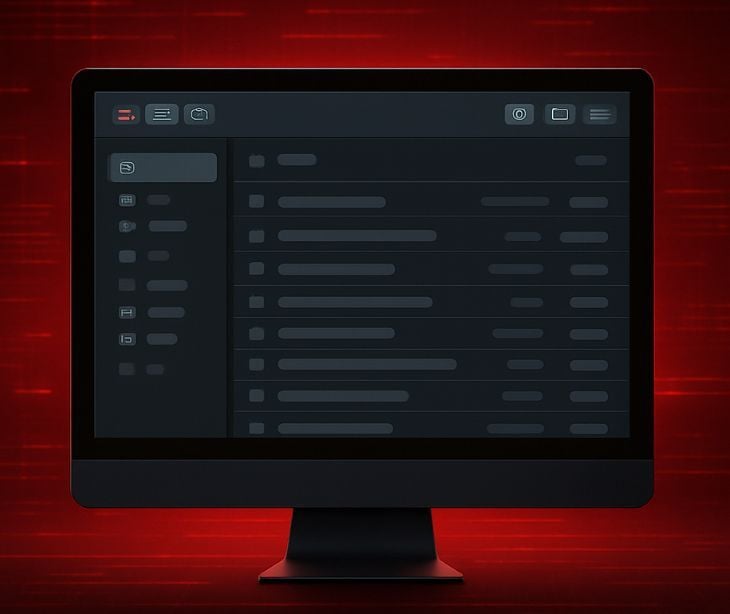2 min read
Are HIPAA compliance audits necessary for dental practices?
Kirsten Peremore
June 15, 2023

A HIPAA compliance audit in a dental practice aims to assess and enhance adherence to HIPAA regulations. This evaluates the practice's compliance with HIPAA Privacy and Security Rules, identifies vulnerabilities, and safeguards patient privacy to mitigate risks. Dental practices ensure HIPAA compliance and avoid costly fines by conducting these audits.
Difference between a compliance audit and utilization review
These processes serve different purposes, including the legislation which they assess. A compliance audit assesses overall compliance with laws and regulations, and a utilization review specifically evaluates the utilization and appropriateness of healthcare services.
A utilization review refers to a formal process designed to monitor and evaluate the utilization of healthcare services, procedures, or settings. The goal of utilization review is to ensure that healthcare resources are used effectively, efficiently, and under established guidelines and standards.
A compliance audit assesses legislation such as HIPAA, a utilization review considers legislation specific to states, and the Affordable Care Act (ACA), which promotes value-based care and encourages utilization review to improve the quality and cost-effectiveness of healthcare services.
The main difference is that all dental practices may be subject to a utilization review, while only those that meet the definition of a covered entity will be required to perform a HIPAA compliance audit.
Related: Do dentists need to comply with HIPAA?
How often is a compliance audit necessary?
The frequency of HIPAA compliance audits can vary depending on several factors, including the size of the organization, its risk profile, changes in regulations, and industry best practices. Here are some considerations to determine the appropriate frequency of HIPAA compliance audits:
- Periodic assessments: The HIPAA Security Rule requires covered entities and business associates to periodically review their compliance. While the Security Rule does not specify a specific frequency, conducting such assessments annually is generally recommended.
- Changes in regulations: If there are significant changes in HIPAA regulations or related laws, conducting a compliance audit ensures adherence to the new requirements. For example, if there are updates to the HIPAA Privacy Rule or Security Rule, it may warrant an audit to assess compliance with the revised standards.
- Organizational changes: Significant organizational changes, such as mergers, acquisitions, or changes in IT systems, may necessitate a compliance audit to evaluate the impact of these changes on HIPAA compliance and ensure that appropriate safeguards are in place.
- Ongoing monitoring and risk assessment: Regular monitoring of HIPAA compliance and conducting risk assessments can help identify areas of non-compliance or potential vulnerabilities. Based on the risk assessment outcomes, the frequency of compliance audits can be determined. Higher-risk areas may require more frequent audits.
Dental industry guidelines that should be considered during the audit
For dental practices, there are industry-specific guidelines and best practices that can be considered during a compliance audit. Here are a few examples:
- HIPAA privacy rule: Dental practices must comply with the HIPAA Privacy Rule to protect the privacy of patients' health information. The audit can evaluate compliance with requirements such as patient consent, notice of privacy practices, and patient rights.
- HIPAA security rule: The HIPAA Security Rule outlines requirements for safeguarding electronic protected health information (ePHI). The audit can assess compliance with safeguards like HIPAA compliant email, access controls, encryption, data backups, and security incident response.
- HIPAA breach notification rule: Dental practices must comply with the breach notification requirements in case of a breach of unsecured PHI. The audit can evaluate processes for breach detection, assessment, and notification.
- Dental board regulations: Dental practices must comply with rules set by their state dental boards. The audit can assess compliance with dental practice-specific requirements related to recordkeeping, infection control, radiography, anesthesia administration, and licensing.
- American dental association (ADA) guidelines: The ADA provides guidelines and recommendations on various aspects of dental practice management, including infection control, recordkeeping, informed consent, and patient communication. The audit can assess compliance with ADA guidelines relevant to the practice.
Related: How to conduct a HIPAA compliance audit
Subscribe to Paubox Weekly
Every Friday we bring you the most important news from Paubox. Our aim is to make you smarter, faster.




